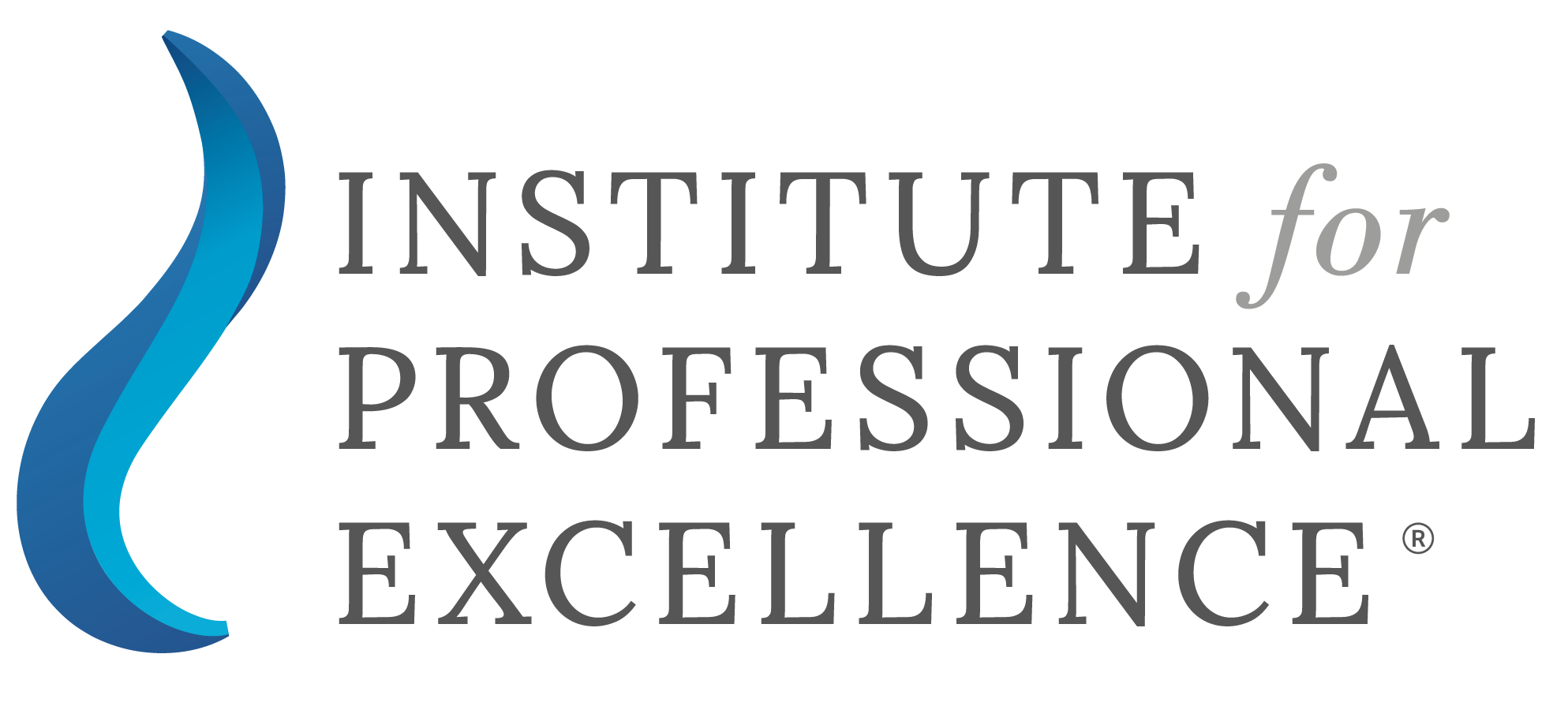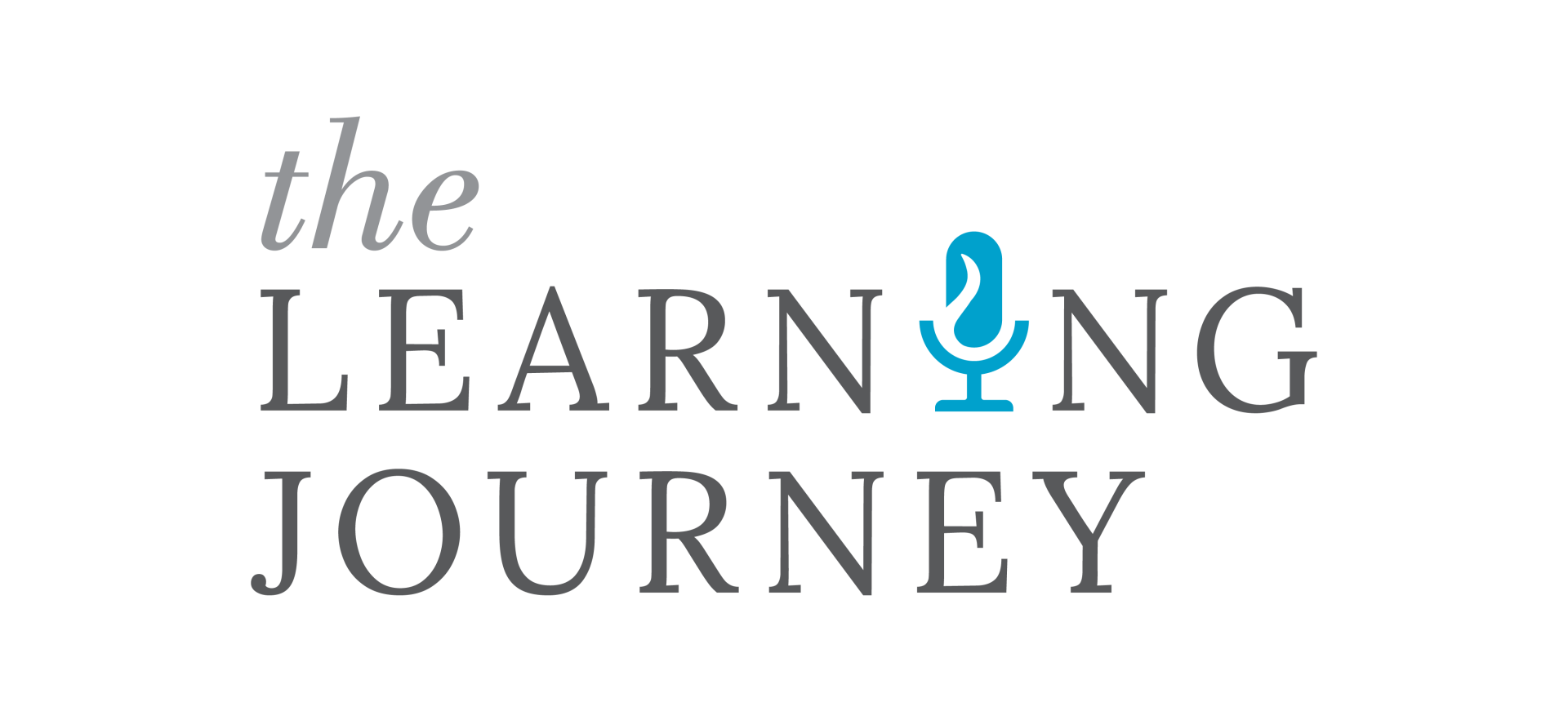Professional Development: What does the Future of Professional Education entail?
As we enter the 3rd year of a global pandemic in
2022, it is fair to say the majority of us are familiar with the trends in flexible
working, but what does this mean for professional development?
In this blog post, the Institute aims to shed light into
what the future of professional education and career development is becoming,
as well as the role of online learning (e-learning).
What is professional development?
Simply put, professional development is the process of
oneself developing his or her skillsets in ways that enhance workplace
competence.
Hence, professional development is equally important for employees
and employers. The process of perpetual professional development is coined as
continuous professional development (CPD). If you want to read more about CPD
and why it is important, we have a blog post talking all about it.
Is flexible working mainstream?
Since 2020, both employees and employers had to quickly adapt
to the working conditions that challenged the world with the COVID-19 outbreak.
The biggest challenge of all was how to ensure business as usual without obstructing
operations; the answer – remote working.
Understandably, many sectors such as hospitality and leisure
simply could not operate due to global restrictions and unfortunately, drew the
short end of the stick. However, many corporate jobs opted for alternative
working conditions such as working from home (WFH). Fast forward two years
later, is remote working or WFH now considered mainstream?
As the answer may not be clear yet, one thing remains
assured; working conditions are changing.
Recently, various organizations, sectors, and even nations
are trialling different working conditions that challenge traditional methods
such as the 5-day week, 9-5 corporate lifestyle. Further, countries such as
Japan, New Zealand, and Finland all currently have projects in place measuring
the impact of a 4-day work week. In the UK and US, many large organizations are
also putting the 4-day work week to test.
With new workplace arrangements offering flexible working
and promoting a better work-life balance, individuals have more opportunities to
explore activities in their personal time.
How can flexible working benefit professional development?
If managed correctly, flexible working has the potential to
improve the work-life balance of many individuals which in turn, can benefit
employers too.
Furthermore, flexible working arrangements allow individuals
to create (to an extent) a schedule that optimizes their workplace output and
overall responsibilities. An example where flexible working benefits
individuals is during commutes. For many professionals, commuting to and from their
workplace requires a significant amount of time. Flexible working enables
individuals to decide how they want to work and from where.
Hence, instead of allocating time to commuting every day,
individuals have the freedom to work on their own aspirations and goals,
whether job related or not. One of which can be self-improvement such as
learning a new skill or taking care of their mental or physical health. Therefore,
allowing employees to dictate their working conditions to a degree, can play a
key role in personal and professional development.
What role does online learning play in professional development?
Nowadays, online learning including professional education,
has never been more accessible. Even though there is still a lot of work to be
done, the realm of online learning has taken large strides in the last few
years that aim to bridge the gap between education and career opportunities.
Online education has the potential to overcome many
obstacles. Thus, ambitious individuals regardless of background finally stand a
chance at challenging the socioeconomic disparity.
So, what does the future of professional education entail?
Taking into consideration the aforementioned, there is a lot
to be excited about in the realm of the professional education, development,
and online learning.
Firstly, although the pandemic has brought times of
misfortune, it has also challenged entrepreneurs including untraditional
educational services providers to develop innovative educational platforms
geared for online learning. Such innovation adds to a more complete educational
ecosystem, tailoring for the needs of modern professionals globally.
Secondly, professional education and development conducted
online can help both employees and employers. Virtual professional training has
the potential to reinvent how individuals performs jobs and how organizations
hire, meaning opportunities and talent is now accessible on a global scale. Moreover,
organizations can hire and conduct onboarding processes remotely, where new
starters can be trained using the latest technological advancements.
Additionally, studies show that 89% of professionals want to
learn at their own time and pace. With that said, mobile-friendly learning
platforms are a great solution since we can practically do anything and
everything from our mobile devices already.
Also, remote working has shown us just how effective and
efficient virtual meetings can be. Therefore, implementing virtual live
workshop to professional development courses to produce a classroom environment
can significantly add educational value.
Lastly, microlearning is definitely worth mentioning; it is
the process of acquiring knowledge by consuming short and concise learning
activities. Hence, microlearning is an unconventional learning method that has proven
to be an effective approach for both workplace professionals and academics. However,
this topic deserves a dedicated blog post, and we will be exploring microlearning
at a later date.
How can IforPE help with your professional development?
Our mission at the Institute for Professional Excellence is
to provide professionals the tools and resources they need to achieve their
goals. We believe professionals, or aspiring-to-be professionals, regardless of
background or socioeconomic status, have the right to high-quality, accessible
education. Thus, our platform has been uniquely designed to provide
professionals the experience and exposure necessary to enhance their
professional development.
Our motto, professionals for professionals, means our
courses are only delivered by practitioners who are industry-leading experts in
their fields. You can learn more about us within this
blog post here.
Currently, we are proud to partner with SALVUS Funds, a boutique advisory in
Europe, to offer The Most CompleteTM CySEC (Cyprus Securities and
Exchange Commission) certification preparation courses.
SALVUS Funds specialize in licensing, compliance and internal
audit for investment firms, investment funds, Electronic Money Institutions
(EMI), and Crypto-Asset Services Providers (CASP). Evdokia Pitsillidou, Risk
& Compliance Director at SALVUS Funds, currently instructs and is responsible for
overseeing 15+ courses offered by us, the Institute.
Further, Evdokia’s expertise lies within Cypriot, and EU
regulatory frameworks imposed by CySEC and ESMA (European Securities and
Markets Authority). Pan-European legislation such as MiFID II, Anti-Money
Laundering and Combating the Financing of Terrorism (AML/CFT), European Market
Infrastructure Regulation (EMIR) are all covered by SALVUS Funds and IforPE’s
educational offerings.
Click here to browse
our courses.
If you have any questions about how we can help fulfil your professional training needs or would like to share your expertise, please contact us - we would love to help.
From all of us at IforPE, the Institute for Professional
Excellence,
Ancora Imparo
navigate
The Institute for Professional Excellence is protected under a registered European trade mark. The figurative trade mark registration number is 018854840. This trade mark is protected under the European Union's legislation.

